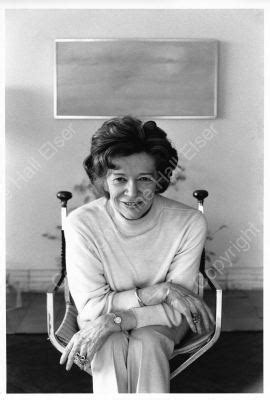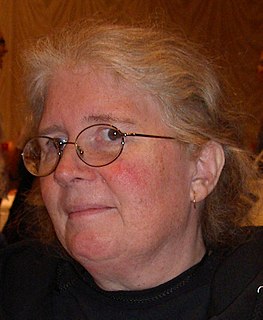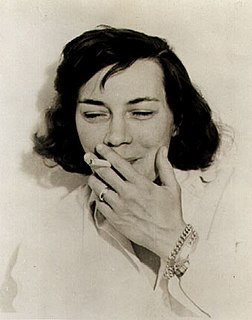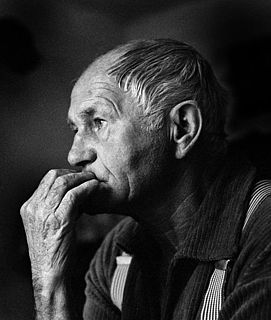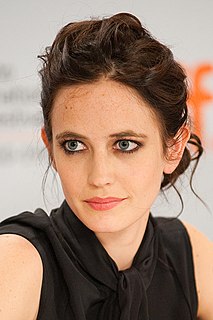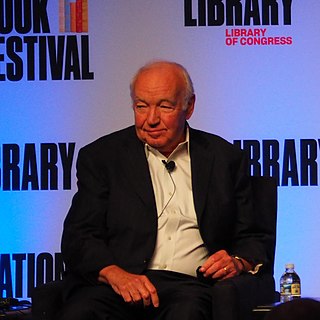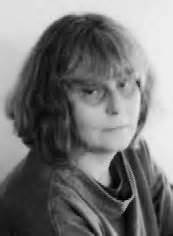A Quote by Penelope Gilliatt
Prague is like a vertical Venice steps everywhere.
Related Quotes
... in the eyes of its visitors, Venice has no reality of its own. Anyone visiting the place has already seen so many pictures of it that they can only attempt to view it via these clichés, and they take home photographs of Venice that are similar to the ones they already knew. Venice [is] becoming like one of those painted backdrops that photographers use in their studio.
Today's Gypsies, who have lived in Prague for only two generations, light a ritual fire wherever they work, a nomads' fire crackling only for the joy of it, a blaze of roughhewn wood like a child's laugh, a symbol of the eternity that preceded human thought, a free fire, a gift from heaven, a living sign of the elements unnoticed by the world-weary pedestrian, a fire in the ditches of Prague warming the wanderer's eye and soul.
I was cast last minute for Casino Royale. They asked me to fly to Prague. I liked the script very much. I flew to Prague and did a bit of an audition. I was really focused and stressed out. And Daniel Craig was there. He was very, very blonde, like a Steve McQueen. He's moving a lot in real life. He's quite nervous. He was very lovely, very patient, and really connecting with me when we did the screen test.
In Rome, I really wanted an Audrey Hepburn Roman Holiday experience, but the Trevi Fountain was crowded, there was a McDonald's at the base of the Spanish Steps, and the ruins smelled like cat pee because of all the strays. The same thing happened in Prague, where I'd been yearning for some of the bohemianism of The Unbearable Lightness of Being. But no, there were no fabulous artists, no guys who looked remotely like a young Daniel Day-Lewis. I saw this one mysterious-looking guy reading Sartre in a cafe, but then his cell phone rang and he started talking in aloud Texan twang.
I think the work is the same in Indie films or blockbuster. It's just a difference when you do all the publicity. It's like another job. I remember the first time I did The Dreamers. I went to Venice; quite a good amount of publicity, a lot of round-tables and TV. I was just not expecting that. I thought I was going to visit Venice, but actually no.
